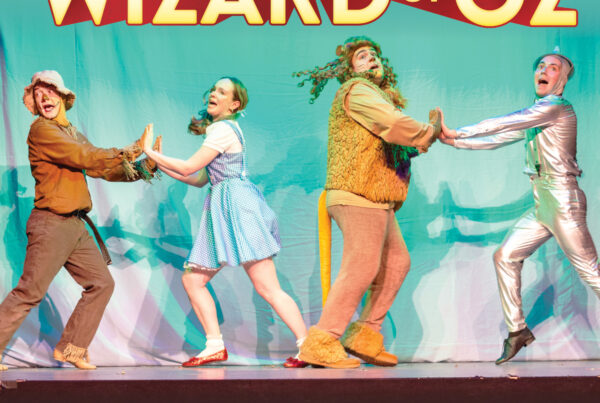Do you know What Do Animals Eat at the Zoo? You can learn with a quick glance into the commissary at Roger Williams Park Zoo and the casual observer would be impressed with the fruits and vegetables being prepared, and even speculate the staff was enjoying healthy and delicious lunches. Look more carefully and you surprisingly learn that all the food preparation is for the animals at the Zoo.
Dr. Michael McBride, director of veterinary services develops the appropriate diet for every animal based on species, age, and size. He works in conjunction with the animal keepers and Dr. Kim Wojick, an associate veterinarian on staff to make sure that the diet he recommends provides each animal proper nutrition, and is safe and palpable for the animals.
Dr. Mike, Dr. Kim and team also consider if the animal likes the taste and smell. If an animal does not like the food, the animal will not eat. Animals are not that different from humans. They like salt and sugar, and may not want to eat what is good for them.
The two-person commissary staff prepares the food daily. The commissary follows the same protocols as a restaurant kitchen including food temperature, strict sanitation guidelines, and strict quality control.
All the produce, meat, and fish are fresh enough for humans. However, look more closely and there is food humans generally do not consume including crickets, mice, and rats. These items come from companies that specialize in food for animals, and raise the rodents specifically as feed so they are disease free and nutritious.
Do animals get treats? Of course! For instance, Riley the Linne’s two-toed sloth responds to scrambled eggs, while other animals love dried fruits. It is always a matter of finding a balance between what is good for the animal, and what they enjoy eating.
The commissary is not in an area guests regularly visit, but is instead in a staff-only section of the Zoo. Bon Appetite!
Roger Williams Park Zoo, one of the oldest in the nation, is Rhode Island’s number one outdoor family and tourist attraction and is a leader in conservation efforts undertaken by a zoo of its size. The Zoo has received numerous awards for environmental education, and conservation work done locally and around the world, caring for species that without human intervention would face certain extinction. Roger Williams Park Zoo is supported and managed by the Rhode Island Zoological Society and is owned by the City of Providence.




